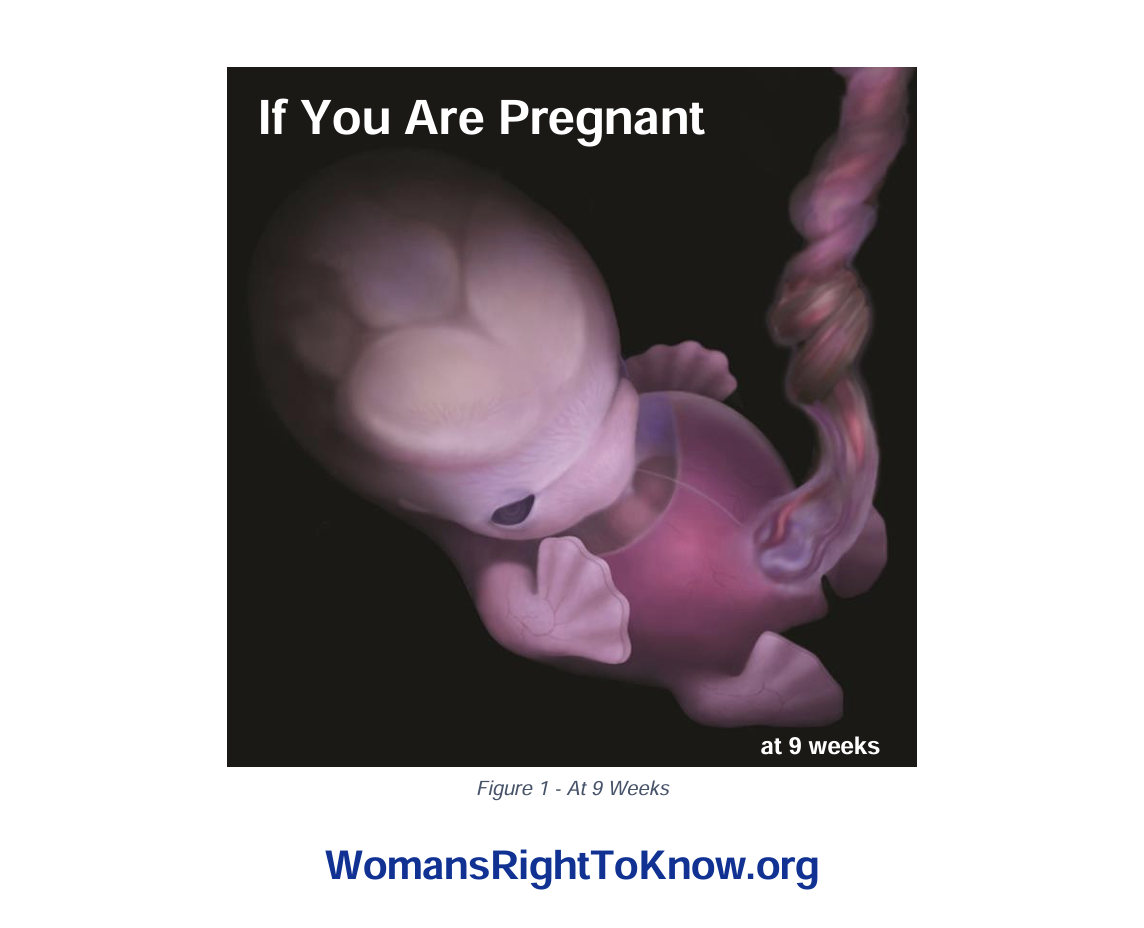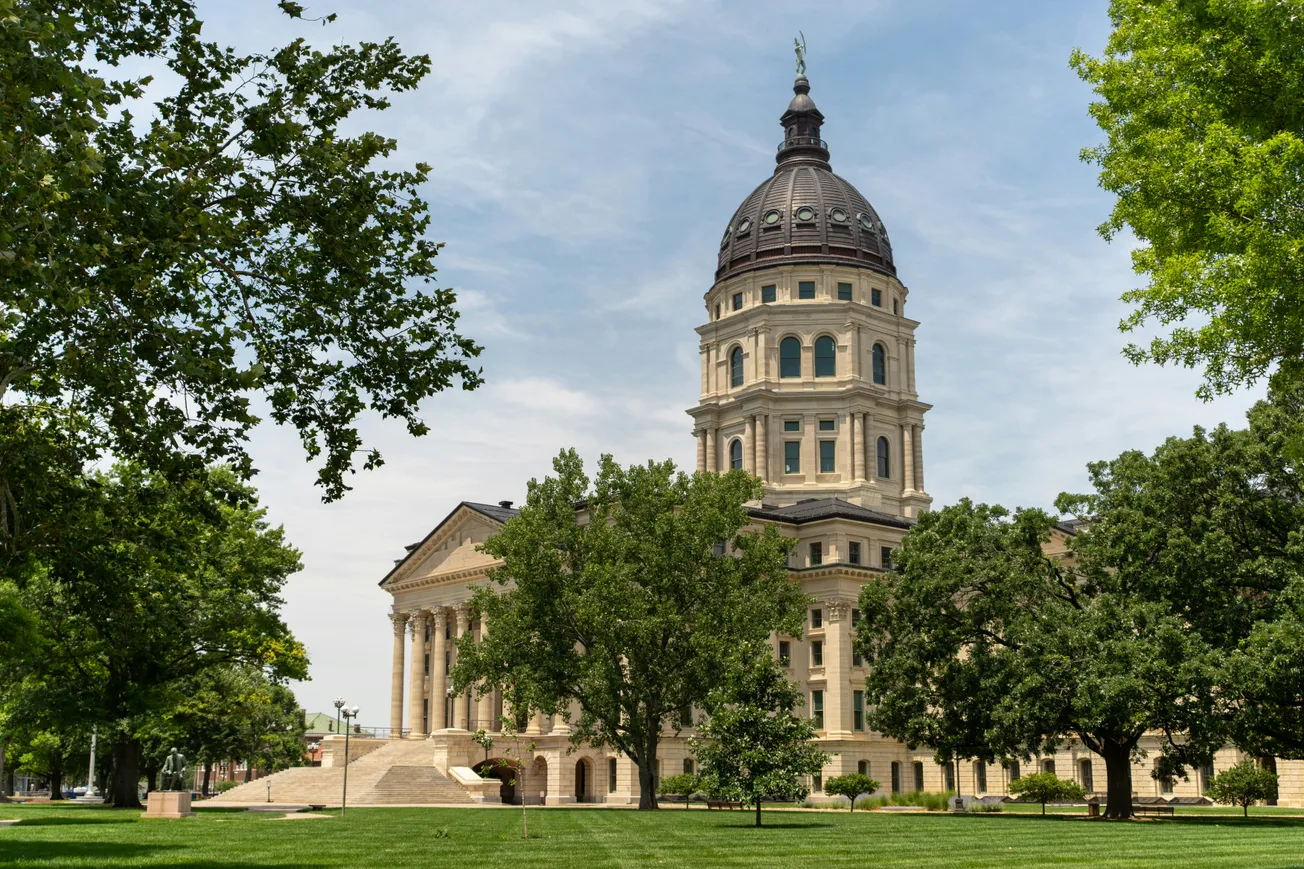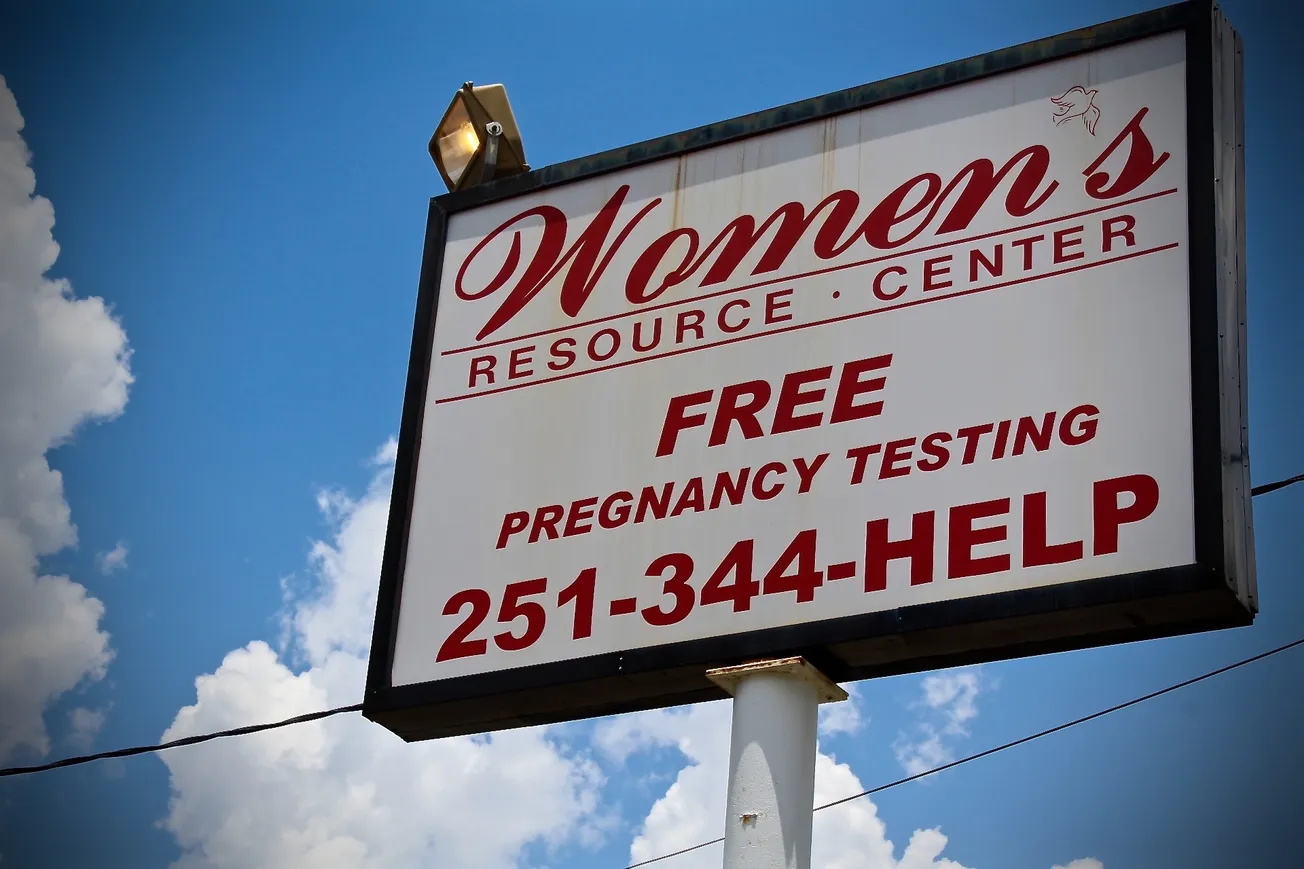In August 2022, Kansas voters became the first to weigh in on abortion rights at the polls after the Supreme Court overturned Roe v. Wade. They resoundingly rejected a proposed amendment that would have declared there was no right to abortion in Kansas, an attempt to invalidate a 2019 Kansas Supreme Court decision which held that the state constitution protects the right to abortion.
However, as in several other states where voters have affirmed abortion rights, Kansas officials have often flouted their will in the years since the referendum. For example, Kansas Attorney General Kris Kobach—along with the attorneys general of Idaho and Missouri—intervened in the legal challenge to the Food and Drug Administration’s approval of the abortion pill mifepristone, helping to keep the case alive after the Supreme Court ruled anti-abortion doctors didn’t have standing to challenge the FDA’s decisions. That case remains active, and was transferred from a federal court in Texas to one in Missouri late last month.
Now, Kobach is fighting to maintain the decades-old Woman’s Right to Know Act, an extensive and punitive targeted regulation of abortion provider (TRAP) law. He’s getting help from Alliance Defending Freedom (ADF), the far-right firm behind the Mississippi law that overturned Roe, recent legal attacks on the abortion pill, and more. The Center for Reproductive Rights (CRR) filed a challenge to the law in 2023 on behalf of Kansas abortion providers, arguing that it conflicts with the established constitutional right to abortion in the state. They faced off with ADF and Kobach in a two-part trial that took place in late September and October before Judge K. Christopher Jayaram, a former health-care attorney who was recently shortlisted for a nomination to the state Supreme Court. His ruling on whether to uphold or strike down the TRAP law is expected in a few months.
It’s notable to see ADF involved here, said CRR senior staff attorney Alice Wang, one of the lawyers who argued the case on behalf of the Center for Women’s Health, a full-service OBGYN practice in Kansas. Though ADF was highly involved in the strategy to overturn Roe, they remained more in the background during that process, she said—but “now we're seeing them take on a more explicit role.”
ADF has represented state governments in federal court on several occasions, including two cases that made it to the Supreme Court. In Medina v. Planned Parenthood, it represented South Carolina in its successful bid to kick Planned Parenthood out of its Medicaid provider network, and in Idaho v. United States, it helped Idaho defend its total abortion ban against arguments that it violated a federal law requiring emergency medical care. (The justices returned the Idaho case to a lower court for further consideration, but the Trump administration later dropped this challenge.) Wang told Autonomy News she didn’t know of another instance where ADF has represented a state in state court. “It has made the tenor of the litigation all the more aggressive and resource-intensive,” she added.
"[Alliance Defending Freedom's involvement] has made the tenor of the litigation all the more aggressive and resource-intensive.”
In response, ADF senior counsel Lincoln Wilson said in a statement to Autonomy News: “Kansas was pleased to retain world-class experts to defend this longstanding informed-consent law passed by Kansans’ elected representatives. Kansas was also pleased to be able to field a trial team of 7 attorneys in response to the 13 trial attorneys for Plaintiffs.” ADF declined to confirm whether this was the first time it has represented a state in state court.
It’s no coincidence that ADF is stepping in to defend a TRAP law. These laws proliferated after the Supreme Court’s 1992 decision in Planned Parenthood v. Casey—which opened the door to more state-level abortion restrictions—but they exploded after the 2010 midterm elections, becoming a tool to effectively whittle abortion access to nearly nothing in many of the states that now ban abortion entirely. Post-Dobbs, in states like Kansas where Republican lawmakers have tried and failed to lay the groundwork to ban abortion, their old TRAP law strategy may be the next-best thing to make care inaccessible.
The Woman’s Right to Know Act has been in effect in some form since 1997. It requires that abortion providers give patients biased, state-mandated information at least 24 hours before their abortion, including false claims that abortion can cause breast cancer and lead to infertility, and information about “the probable anatomical and physiological characteristics of the unborn child.” Providers are also required to offer each patient the opportunity to view an ultrasound and “listen to the heartbeat of her unborn child”—wording medical experts say is misleading. Patients are forced to wait 30 minutes in between their ultrasound and their abortion, in addition to the initial 24-hour waiting period.
In 2023, Republican lawmakers overrode vetoes from Democratic Governor Laura Kelly to enact multiple anti-abortion measures, including a Woman’s Right to Know Act update mandating that abortion providers tell patients about the unproven possibility of abortion pill “reversal.” This experimental treatment involves using the hormone progesterone in an attempt to “reverse” the effects of mifepristone, the first of two drugs typically used in medication abortion. This idea is scientifically unfounded, but the anti-abortion movement claims it works about two-thirds of the time.
Autonomy News recently obtained behind-closed-doors recordings revealing that law firms including ADF view abortion pill “reversal” as a key element of their current legal strategy to win broader free-speech protections for anti-abortion organizations. These recordings—made at a “crisis pregnancy center” conference—also include statements from anti-abortion physicians that suggest they know abortion pill “reversal” is more dangerous than their movement lets on. One doctor said of prescribing the so-called treatment: “I pray that God protects me,” and that it helps to have “friends at ADF,” apparently referring to Alliance Defending Freedom.

CRR filed its challenge to the Woman’s Right to Know Act on behalf of Kansas abortion providers in June 2023, and judge Jayaram temporarily blocked the law in October of that year. However, in 2024, Kansas lawmakers took it a step farther, passing a new addition that would have forced abortion providers to ask patients why they are terminating their pregnancy. Patients would have had to choose from a list of 11 prescribed reasons, including rape and domestic violence. AG Kobach agreed not to enforce this “reason mandate” until litigation over the Woman’s Right to Know Act concludes.
Over the decades the law was in effect, “It delayed care, and it made it so that not one person who got an abortion was able to do it in a timely fashion,” said Kansas OBGYN Traci Lynn Nauser at trial, per court transcripts. Because the law requires abortion providers to give patients information at least 24 hours in advance of their abortion, this is usually done over the phone. The patient then has to sign a consent form indicating the time they received the information. Patients usually download and print the forms themselves, but any small error—even a cosmetic one, like printing the form on the wrong color paper, or using the wrong font—means that patients have to be turned away. Nauser estimated that, before the law was blocked, this happened “daily or multiple times a week” at her practice. “This is the antithesis of informed consent,” she said.
For example, some patients only have a smartphone, not a computer, which would result in extra characters being added to the consent form, Nauser said. Her practice always suggested that patients email their consent forms to the clinic so that staff could check them, but not all were able to. “We have emotionally traumatized those patients when we're unable to see them that day,” she said. “They've come. They wanted an appointment. We're able to see them, but we're telling them for a ridiculous reason we're unable to see you because your paperwork is incorrect. They get very upset. They're crying, screaming, or cussing.” Before internet access was widespread, Nauser said, her practice mailed the forms to patients. Now, the mail is not a private or timely enough way to deliver the forms.
“We have emotionally traumatized those patients when we're unable to see them that day.”
A former employee from Nauser’s practice, Center for Women’s Health, and one from Comprehensive Health of Planned Parenthood Great Plains testified about being forced to turn patients away in heartbreaking circumstances, Wang said. One worker told the story of a patient who threatened to take her own life after being turned away. The other shared the story of a patient who traveled to Kansas from Texas after becoming pregnant as the result of rape. She was turned away not once, but twice, due to issues with her forms. (A majority of people who have abortions in Kansas now travel there from states that ban abortion, especially Texas and Oklahoma.)
The waiting period also puts people’s health at risk. Iman Alsaden, an OBGYN and chief medical officer of Planned Parenthood Great Plains, recalled a pregnant patient who was discharged from a hospital with a uterine infection. She had to wait 24 hours before obtaining abortion care. The Woman’s Right to Know Act “delayed this patient's care, which can be life-threatening,” Alsaden testified.
If the requirement that she tell patients about abortion “reversal” were to go into effect, Nauser said she would stop providing medication abortion altogether. “I'm not going to be mandated by the state to do things to patients that could cause harm,” she said, referring to evidence that abortion pill “reversal” is not only ineffective but potentially dangerous. “That's against the Hippocratic Oath, actually.”
ADF’s Wilson objected so often throughout Nauser’s testimony that the judge chided him from the bench, per the transcripts. “I want you to just be thoughtful about your objections,” Judge Jayaram said, “because it strikes me that there's been a lot of disruption on objections that really don't have much of a basis under the rules of evidence.”
“For 25 years, Kansas law gave women the right to know vital information about abortion risks and alternatives and the development of their unborn baby,” Wilson said in his statement to Autonomy News. “ADF is pleased to stand with Kansas Attorney General Kris Kobach to defend this law against Planned Parenthood’s attempt to keep women in the dark about this tremendously consequential decision that has so often led to regret.” Again, the local Planned Parenthood affiliate is not the only plaintiff in the case.
In the pretrial phase, Wang said, the judge excluded several experts that ADF and the state wanted to testify about abortion pill “reversal.” “He dug into the quality of, and the reliability of their sources and their methods, and rightly determined that what is out there purporting to show the efficacy and safety of APR is junk science,” she said.
In an attempt to demonstrate that requirements like those in the Woman’s Right to Know Act protect abortion seekers, the state had three women testify about regretting their abortion decisions. But one had never sought an abortion in Kansas (she had abortions in three other states: Missouri, Arkansas, and Texas), and the other two had their abortions in Kansas decades earlier, in a very different legal landscape. One had her abortion before Roe v. Wade. “Their testimony was just really not relevant to the issues of the case, and it was really sad, honestly, to see them use these women as pawns to try to make their point,” Wang said.
“Can you give me an example of someone who was sad about their abortion even though they did not regret it?”
“I'm personally one of those patients.”
During her testimony, Nauser said she knew patients who were sad about their abortion decisions, but none who regretted them. Research shows that very few people regret ending their pregnancies. Wang asked her, “Can you give me an example of someone who was sad about their abortion even though they did not regret it?” Nauser answered, “I'm personally one of those patients.” She shared her own story of seeking abortion care after experiencing premature rupture of membranes while pregnant with twins, at a point in pregnancy that was too early for the twins to survive birth. Becoming emotional, she said, “I don't cry like this on a regular basis. It has made me a better physician because I'm able to talk to patients and actually truly understand what they're going through.”
ADF’s constant objections at trial suggest they may be prepared to lose this case, and are already laying the groundwork for an appeal. They may be pinning their hopes on a 2026 ballot measure, supported by AG Kobach, that would change the way Kansas Supreme Court justices are selected. Currently, they’re nominated by a nonpartisan selection committee, but the ballot measure would do away with that process in favor of partisan elections.
“Kris Kobach is trying to politicize that process because he sees that he's unable to push forward his agenda with the current composition of the court,” Wang said. She’s referring to the fact that the Kansas Supreme Court has twice affirmed a constitutional right to abortion—first in 2019, and again in 2024, when it struck down a ban on dilation and evacuation, the most common second-trimester abortion procedure. A different makeup on the court could bring an end to that interpretation.
AG Kobach’s office did not respond to a request for comment by publication time.
Follow Autonomy News on Instagram, Bluesky, TikTok, and LinkedIn.
This story was edited by Susan Rinkunas and copy edited and fact checked by Hannah McAlilly.









